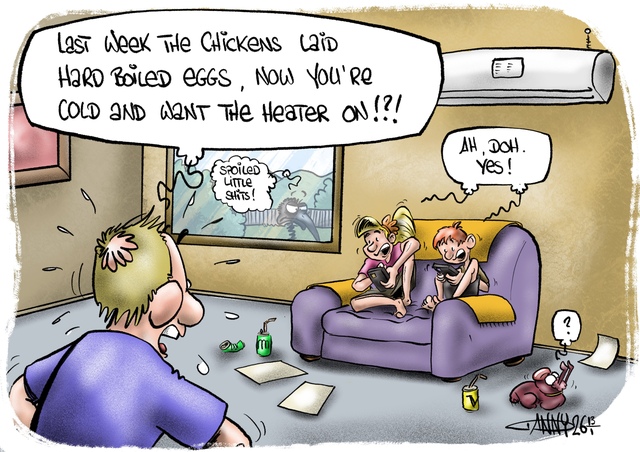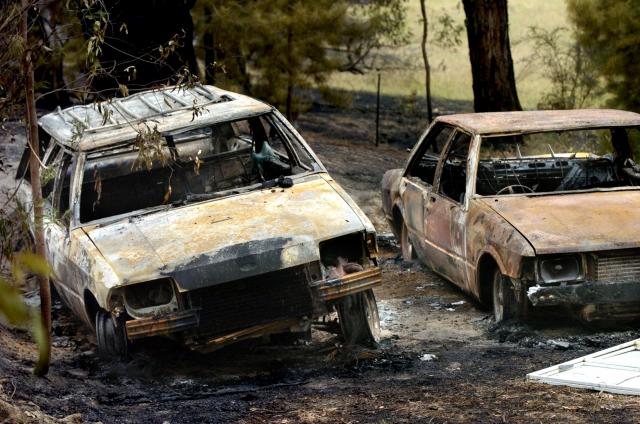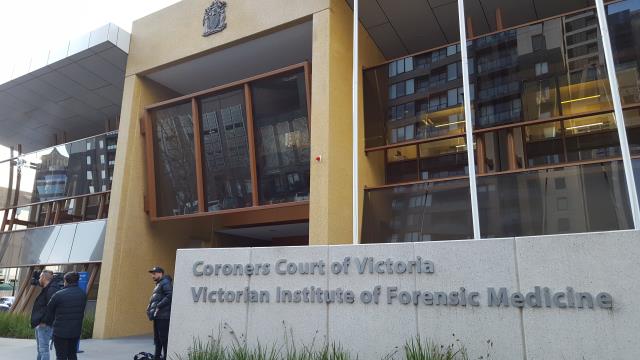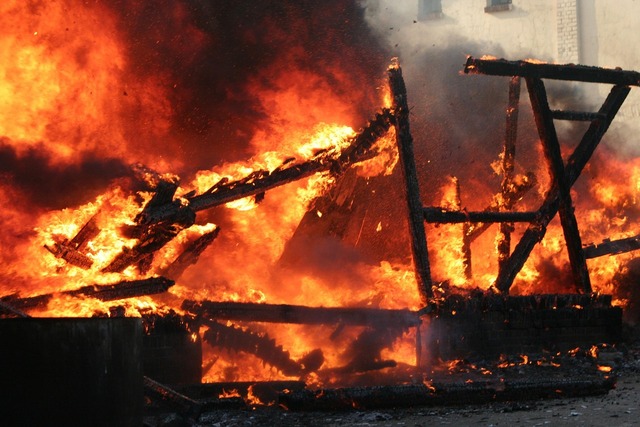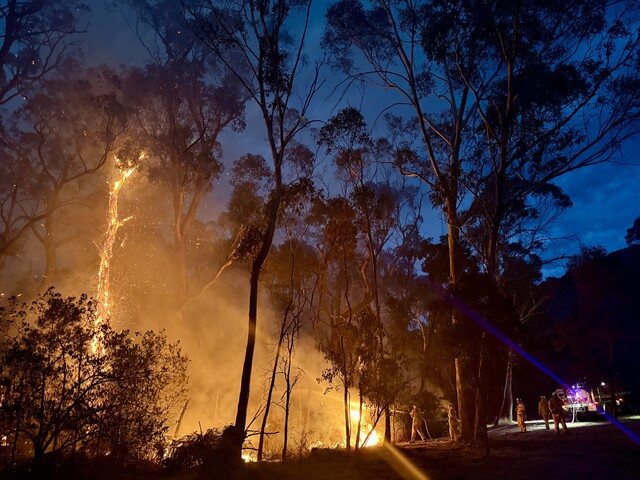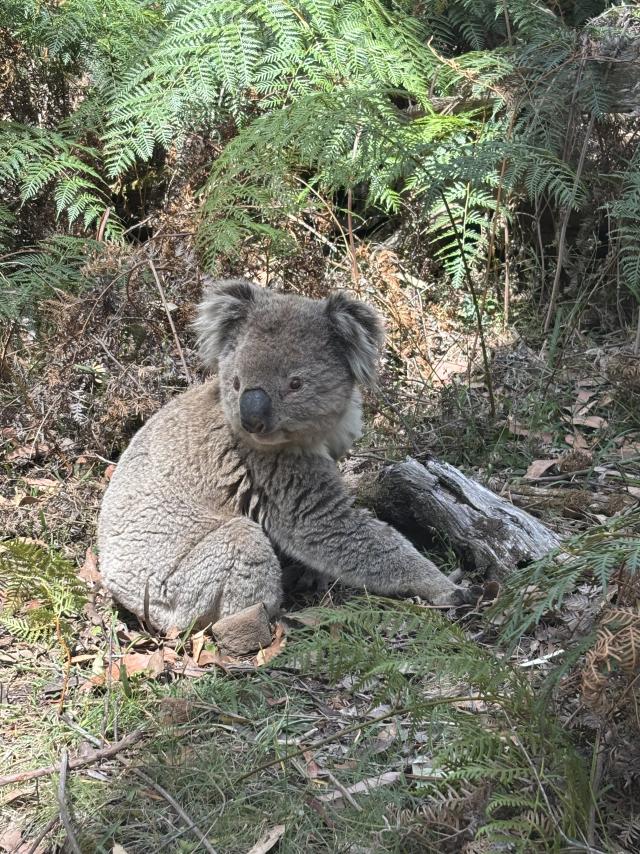I AM writing in response to the ‘Mail’ article (“Intense ‘free range’ heat”, 2 June, page 5).
Currently in the Shire of Yarra Ranges you cannot be issued with a permit to conduct intensive animal husbandry such as piggeries, feedlots and broiler farms.
For the hundreds of people who signed the petition saying no to Amendment C146, this is a good thing.
They don’t want the offensive odours, negative environmental impacts and concerns over animal welfare that go hand in glove with such enterprises.
Introducing Amendment C 146 would mean that in the future it ‘would’ be possible for these sorts of enterprises to be issued with a permit.
And once the amendment was introduced, there would be no guarantee that in the future piggeries, feedlots and broiler farms would not be permitted in our shire.
The council may say it wishes to promote free range farming, but introducing this amendment is not the way to go about it.
“Free range is free range,” says Cr Jim Child.
Yes it is.
And it does not require a permit.
So why change the legislation?
“Farming is done differently now,” says Cr Childs.
Right again.
In the past 40 years, pig meat production has increased by over 50 per cent while the number of pig producers has dropped from 40,000 to just 1868.
This has only been possible because these animals are now kept in ‘factory farms’: large industrialised complexes where animals are kept in a state of permanent confinement.
In the mid-1960s, feedlotting started in Australia.
About 40 per cent of Australia’s total beef supply is from the expanding feedlot sector.
And it is these that could be permitted by introducing the amendment.
In a letter sent to residents by council it is stated that “intensive animal husbandry can also be less intense free range farms where animals are not kept in enclosures” and “any farm where most food comes from outside the enclosures, i.e. the animals are not solely grazing, fall within the classification of intensive animal husbandry.”
Such farms may be labelled “free range”, but it doesn’t mean council should be promoting them.
If feed for stock must be supplemented by food imported into a property, it indicates that stock numbers cannot be supported by the carrying capacity of the land they are kept on.
Stock levels above the carrying capacity of the land leads to destruction of ground cover due to over-grazing.
Soil exposure and subsequent erosion due to wind and rain action follows.
Loss of topsoil means the enterprise cannot be sustainable as without soil in which to grow no feed can be produced.
This is not the sort of “free range” farming the council should want to support either.
If the council’s aim is to promote sustainable free range farming, then I fully support them.
But they aren’t going to do it by introducing Amendment C146.
Marilyn Comerford,
Seville.
Amendment wrong approach
Digital Editions
-

A subpar modern persona
Sentimental Value Starring Stellan Skarsgärd, Renata Reinsve and Inga Ibsdotter Lileaas M 4/5 Nominated for seven Golden Globes, Sentimental Value is a comfortable but poignant…



